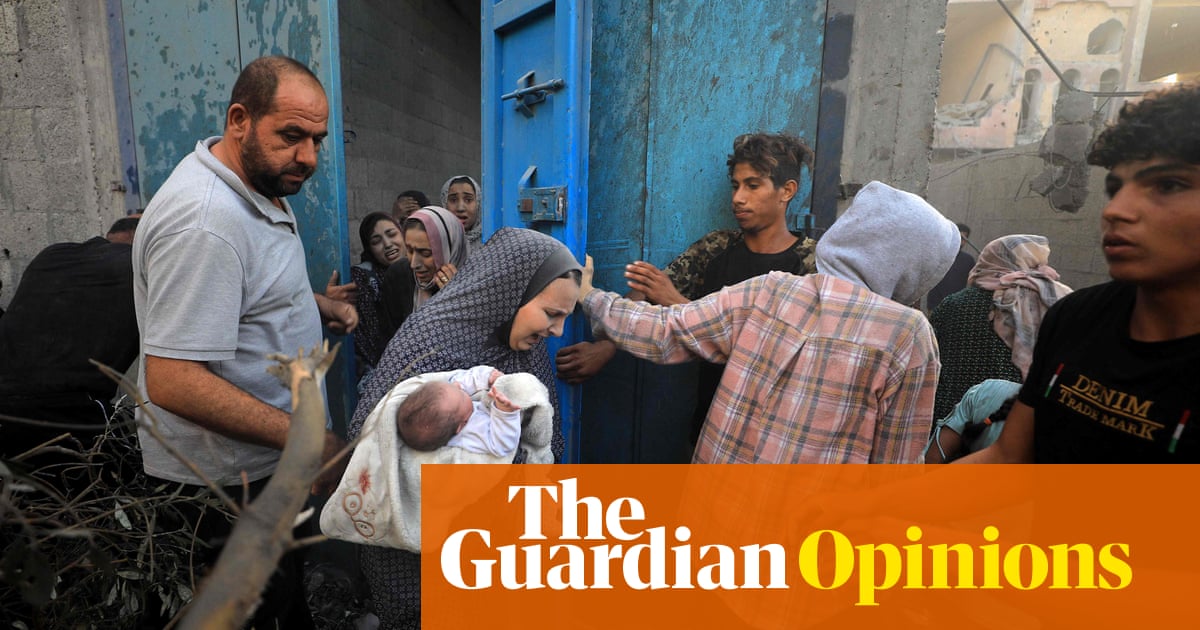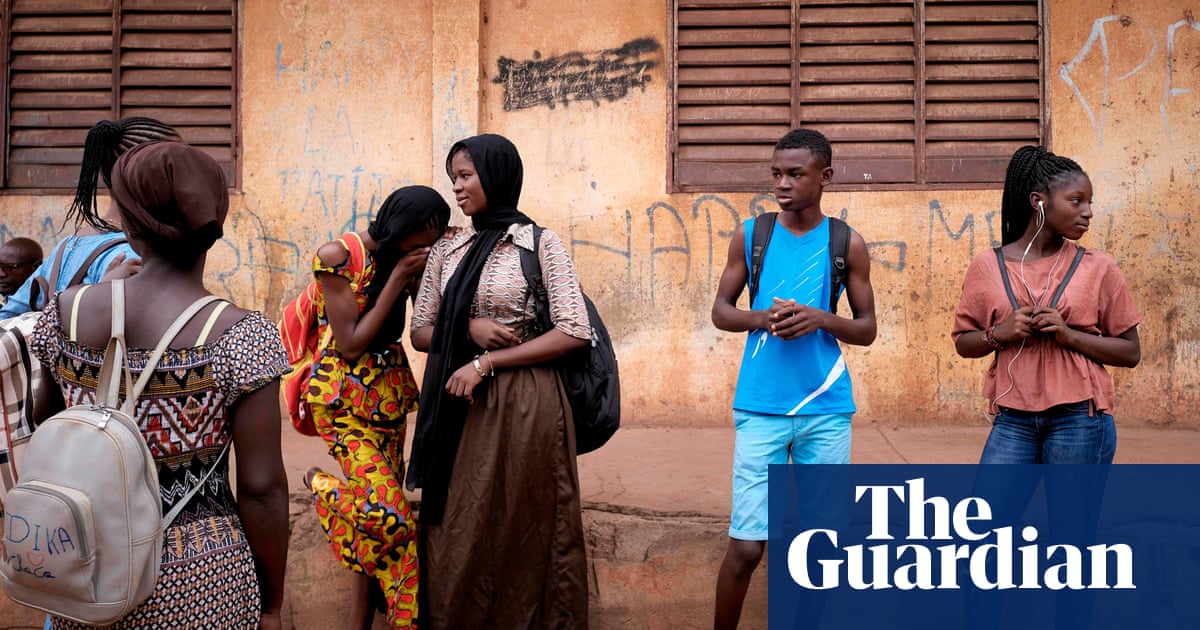
For the foreign affairs buff, the key week of the UN General Assembly (UNGA) is the FA Cup final, the Dubai World Cup and the World Series all rolled into one. I have attended seven, as a minister or as an international nongovernmental organization representative, and simply could not get enough of it. You can meet all your counterparts in one place, saving a lot of travel, and listen dutifully to your head of state address the world. But that is not the important stuff. What you go for is the side meetings — sometimes confidential or unreported — on key topics or the joy of bumping into friends to chew over the personal stuff that really gets things done.
As the UN reaches the milestone of 75 years since its inception, this UNGA week is very different. The coronavirus disease (COVID-19) has ensured that it is a virtual UNGA, shorn of all those personal asides and opportunities for the physical contact that makes the world — and especially the world of diplomacy — go round. They will be missed, they are chances lost.
I hope my friends will ponder why that is. The virus is merely the symptom. The reason the UNGA is virtual is because of us: Humanity. I have little doubt that, whatever the circumstances of transmission, the ultimate cause will be mankind’s relentless encroachment on others’ habitat, making the passing of pathogens, of which COVID-19 is one, increasingly likely. Every world leader should stop and consider why that is the case. They might like to have to hand the UN Biodiversity Report, which was published last week and reports that none of the 20 internationally agreed targets on measures designed 10 years ago to safeguard ecosystems and protect biodiversity have been fully met. Not one.
It could, therefore, be a sobering and pivotal moment for the UN, which, despite criticisms, we would have to invent if it did not already exist. Secretary-General Antonio Guterres declared last week, as he surveyed the state of the world, that “the people are hurting and the planet is burning” — and he is right on both counts. Accordingly, he has dedicated this particular summit to the “future we want, the UN we need,” and is trying to marry the present pandemic and the need for greater multilateralism. He deserves our full support in this. That only 11 out of 196 leaders who will address the assembly are women demonstrates that he also deserves support for the other great theme of this year’s UNGA: Gender equality, which is vital for conflict resolution and sustainable peacekeeping, as well as the responses to the pandemic that appear to have proved most successful.
At the beginning of the pandemic, Guterres called for a global cease-fire, being one of a number of leaders and commentators to suggest that a neutral but dangerous external force could be skillfully subverted as a ladder to climb down in so many of the world’s unresolved and painful conflicts. This would allow parties the opportunity to use the needs created by the virus to reach out to each other, find new pathways to talk, and recognize that the best way forward for all to overcome the challenge is to work together. And, if it is a success here, then perhaps we could remember why we formed the UN in the first place, and in so doing find a new way through the essence of the conflicts that beset us.
There has been little formal response to this call, although UN engagement in Libya, Syria and Yemen keeps some embers of resolution warm. It is not unreasonable for us to ask more of the leaders addressing the UN this week to heed the secretary-general’s call.
The virus is merely the symptom. The reason the UNGA is virtual is because of us: Humanity.
Alistair Burt
As much as it is humanity’s carelessness with the climate and habitat that is causing the present state of nature’s angry response, it is the harm of conflict that is driving the worst refugee and displacement numbers ever, and threatening further humanitarian disasters across the globe. While we concentrate on the political responses, not enough attention is being paid to the UN’s extraordinary efforts in the agencies it fosters, which are mitigating the impact not of natural forces, but of unresolved man-made crises. UN High Commissioner for Refugees Filippo Grandi, UNICEF Executive Director Henrietta Fore, the World Food Programme’s David Beasley, Mark Lowcock of the Office for the Coordination of Humanitarian Affairs, the International Atomic Energy Agency, which monitors the Iran nuclear agreement, the Development Programme’s Achim Steiner, and Natalia Kanem of the Population Fund are all doing remarkable work. But a significant amount of this work would just not need to be done if Guterres’ pleas became the watchwords for success at this year’s UNGA and beyond.
If COVID-19 and the shutdown of the UNGA does not suggest to those who would otherwise have attended that the wake-up calls on climate and biodiversity should be heeded and that a multilateral approach is vital, they had better prepare for more virtual UNGAs.
Alistair Burt is a former UK Member of Parliament who has twice held ministerial positions in the Foreign and Commonwealth Office — as Parliamentary Under Secretary of State from 2010 to 2013 and as Minister of State for the Middle East from 2017 to 2019. Twitter: @AlistairBurtUK
Disclaimer: Views expressed by writers in this section are their own and do not necessarily reflect Arab News" point-of-view












